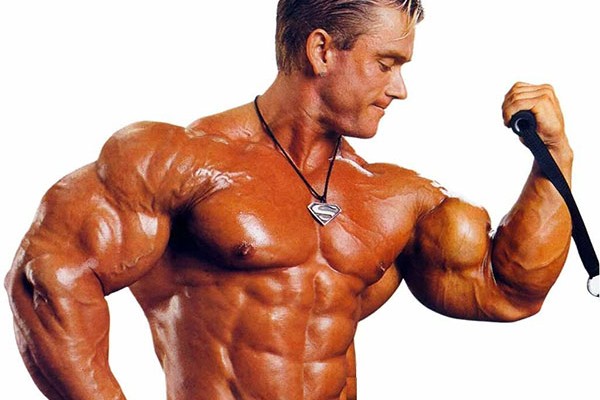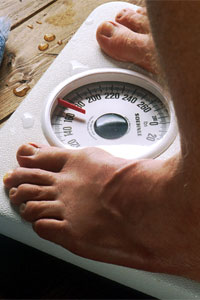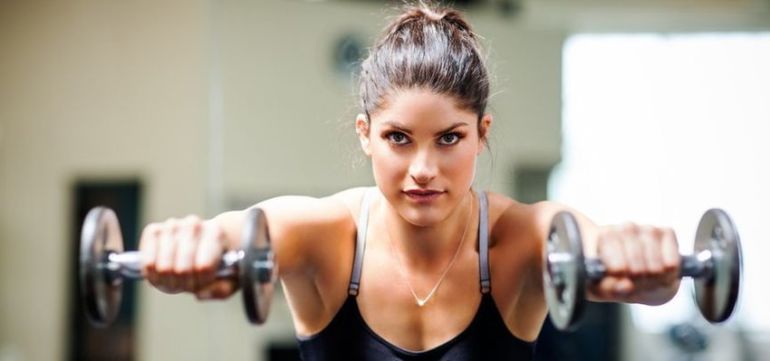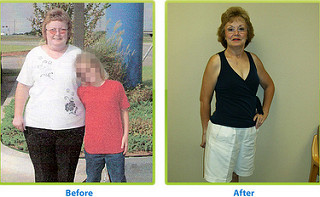Tips for Fat Loss Dieting
Many different diets exist. Every so-called expert recommends something different. It leads to confusion and consideration of what is the "right" diet. In this article, I'll simplify it for you, leaving you with only the basic principles you need to know to diet successfully.
Generally, it is recommended to aim to take in 500 calories fewer than you burn throughout the day before workouts. This will, in theory, put you at a pound of weight loss per week. There are other factors that make the process less straight-forward than that though. The quality of the calories you take in and your activities will make a big difference, but this is still a good aim to start with.
Calories have varying qualities. Some are in states that the body can rapidly absorb and utilize while others will just make you feel fat and lazy. You can do restricted calorie diets fairly easily if you stay away from garbage foods.
Natural foods aren't very calorically dense when compared to processed foods, so you can eat plenty of them and be full. This is primarily in reference to vegetables. Some of them are even considered to be negative calorie foods.
All of the macronutrients are important in the right ratios and forms. Protein helps with metabolism by maintaining your muscle. Taking in moderate amounts of good fats can actually help to burn fat. The good ones are normally unsaturated. Saturated fats can be helpful but more for gaining muscle. Most of your energy comes from carbohydrates, so you need to be careful which foods you chose to get them through. Make a bigger focus on fibrous carbohydrates and less of one on starchy ones.
The time and frequency of your meals are also important factors. Whenever you eat, you stimulate your metabolism. Breakfast is important because your metabolism drops significantly when you sleep. This is also why it is recommended that you eat more frequently. Eating more frequently helps only if you're maintaining your calorie intake at the same level. If you have problems with overeating, the problem will be more pronounced with a higher meal frequency though.
Getting some form of protein every few hours is optimal for your muscles. The meals you have before and after you workout are also more important. You might find yourself running out of steam during your workout if you don't eat properly before. The one after is to replenish your glycogen stores and keep your body from breaking down muscle (or merely not repairing it) to deal with the strain and lack of fuel. This does imply that you should be working out with your diet, but that topic is for another day.
There is something else many people forget about when dieting. This is in reference to spices and food additives. There are many spices out there that can not only improve the taste of your food and make the diet easier, but they have many benefits for the body. A few will even help you to burn more calories. Additives, condiments, and sauces, on the other hand, can add a deceptively large number of calories to your diet. Try measuring how much you use so you know how many calories they truly add.
-
Stop Making Excuses And Start Your Weight Loss Program Today
Are you the type of person who would love to lose weight but you keep
-
The Sugarless Candy Weight Management Secret
Most of us have been on a calorie-reduced diet before. For a few d
-
Weight Loss Tip 9 Dont Be A New Years Casualty
I got so caught up in this years fitness goals that I completely forgo
-
How Do You Kill a Craving?
Im the psychotherapist who discovered Therapeutic Psychogenics, a r
-
Is LowCarb Weight Loss Really Just Water Loss
Any weight loss or diet plan, including low-carb plans like the induct
-
Weight Loss Truths Calorie Restriction Is The Key To Weight Loss Success
All successful weight loss programs rely on one common denominator; ca
- DON'T MISS
- Reduce Appetite And Stay Healthy With Caralluma
- The Negative Weight Effects of Consuming Alcohol
- Dos and Donts For Proper Combination of Walking and Weight Loss
- Breaking Through Your Overeating Barriers
- Learn About 5-HTP
- Why The Raw Food Diet
- A Good Diet to Lose Weight is Something that is Unexpected
- Attaining Perfect Body Shape Under Supervised Medical Weight Loss Program
- How to Lose Weight Safely
- Stop Overeating and Lose 10 Pounds




